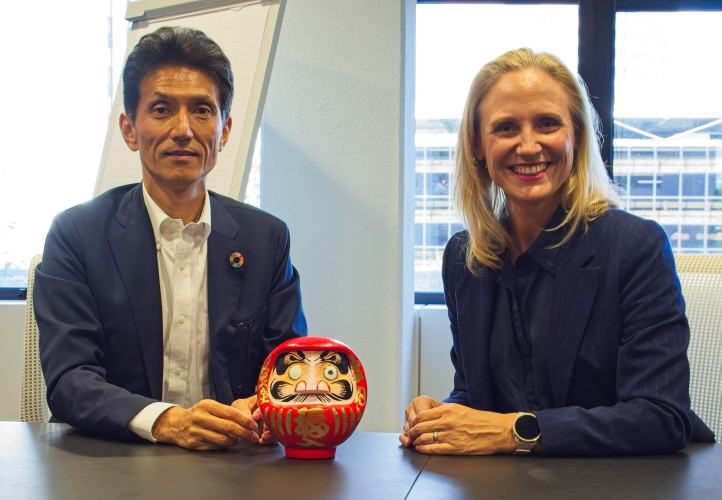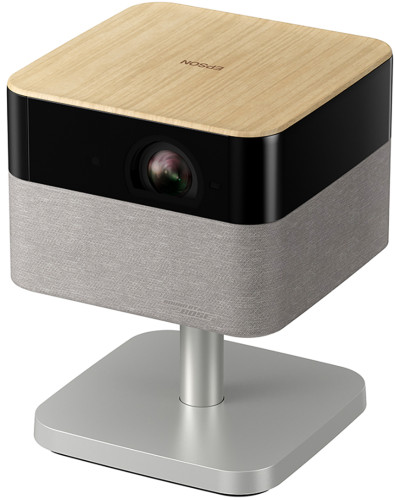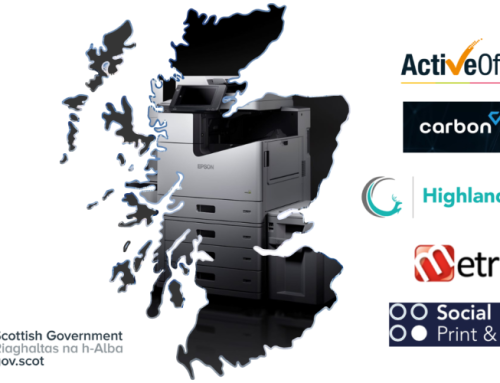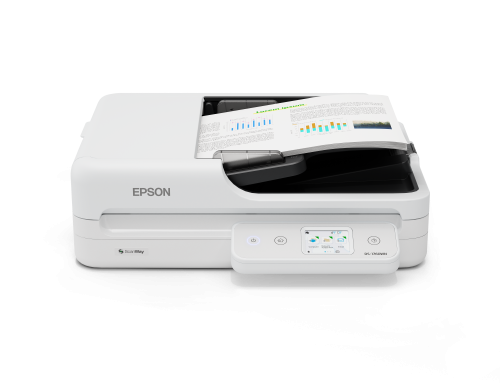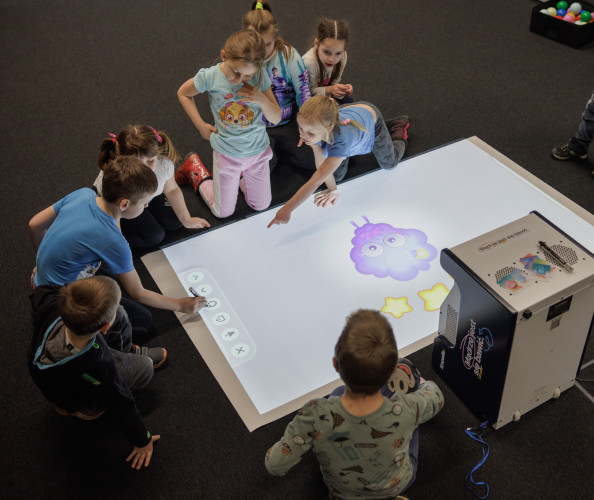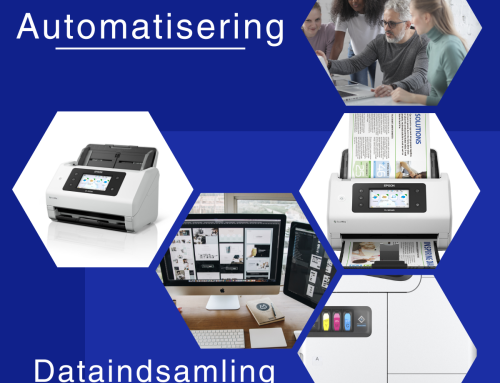Investment, green-tech innovation and enriched education dominate Epson Europe’s 2021/22 Sustainability Report
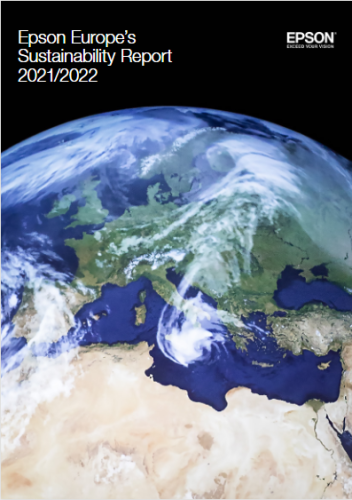
Investment, green-tech innovation and enriched education dominate Epson Europe’s 2021/22 Sustainability Report
E pson Europe announces the publication of its 2021/22 European Sustainability Report . The report details the company’s progress towards achieving more sustainable operations. It covers actions to deliver products that support its customers’ sustainability ambitions plus programmes that aim to enrich education through technology and understanding the impacts of climate change.
Informed by global frameworks such as the UN’s Sustainable Development Goals (SDGs), Epson has committed €770 million to switch to renewable energy sources, reduce its global emissions to meet the 1.5° IPCC warming limit and become underground resource free by 2050. It is innovating its products with waste-reducing solutions, Heat-Free technologies and products designed for extended life, re-use and recycling.
“As climate impacts become more obvious and increasingly severe, calls for action on sustainability have never been louder. Epson is fully invested – both financially and strategically – in a more sustainable future. We enact the change, deliver the customer solutions and build the awareness we all need to create an increasingly sustainable world.”Yoshiro Nagafusa – President and CEO, Epson Europe B.V.
Epson’s sustainable operations
Today’s report explores Epson’s sustainability focus on every area of its operations, including energy, supply chain and through closing the resource loop.
Sustainable energy –work in 2021/22 means that Epson: is on track to meet its global 2021 commitment to move to 100% renewable electricity use in 2023; is transforming to a mix of solar, wind, geothermal and hydroelectric sources; sees all of its owned European sales offices already powered by renewables; which will lead to an estimated savings of 36,000 tonnes of CO2 emissions a year from 2023.
Sustainable supply chain –Epson is focused on building a sustainability-optimised supply chain. In 2021/22, actions included: reduced car fleet emissions, with the transition to electric, hybrid and low emission vehicles cutting emissions per car below 105g CO2/100 km; optimised pallet fill to achieve a 9.9% increase in cubic metres transported per pallet; and switched from air to sea freight with the opening of a new warehouse – saving over 6.8 million kg of CO2.
Sustainable customer technologies
Beyond its own operations, Epson is committed to developing technologies that help customers achieve their sustainability goals. It has brought solutions to market specifically designed to reduce customer impacts, including:
- EcoTank printers that reduce plastic waste – with more than 70 million sold, the solution has contributed to a significant reduction in the use of plastic, one of the main components of ink cartridges.
- Heat-Free technologies such as Epson’s Micro Piezo inkjet printers can be up to 83% more energy efficient than laser printing
- PaperLab technologies that create a circular paper recycling economy, while reducing water, paper and energy use
As part of its commitment to people and planet-focused open innovation, Epson is working on bioplastics, with the aim of increasing their use in product manufacture. As part of a consortium, the company is developing a biomass plastic developed from marine algae with the ambition of supplying 200,000 tonnes annually by 2030. Epson is also exploring the use of waste-derived powdered metals in 3D printing – to create circular infrastructure in areas such as automotive and electrical components manufacture.
Enriching education through technology
Education is critical to Epson’s business strategy – seen as a powerful lever in creating a more sustainable future. The company works to raise awareness internally, with partners, suppliers, customers and across society as a whole.
These wider community engagements include work with children and young people – in Europe, for example, Epson has established its New Horizons education initiative. It is designed to reach 10,000 school children – providing information and technologies that will help them to make sense of the events unfolding before them and better understand the impact of their actions.
Global benchmarks
The report also details how Epson measures its performance against leading global benchmarks. In 2021/22, these standards include:
- CDP A List inclusion for the second year running;
- EcoVadis platinum rating for the third consecutive year;
- Membership of the Responsible Business Alliance (RBA);
- Inclusion in the FTSE4Good Index for the 19 thyear running.
Henning Ohlsson, Director of Sustainability, Epson EMEAR said, “Epson’s purpose is to make a positive contribution to society – to provide a more sustainable future – to give back more than we take. This report demonstrates real progress but also that there is so much more to be done. We believe, however, that ambitious investment, continuing innovation and efforts to enrich education will create a more sustainable world.”







